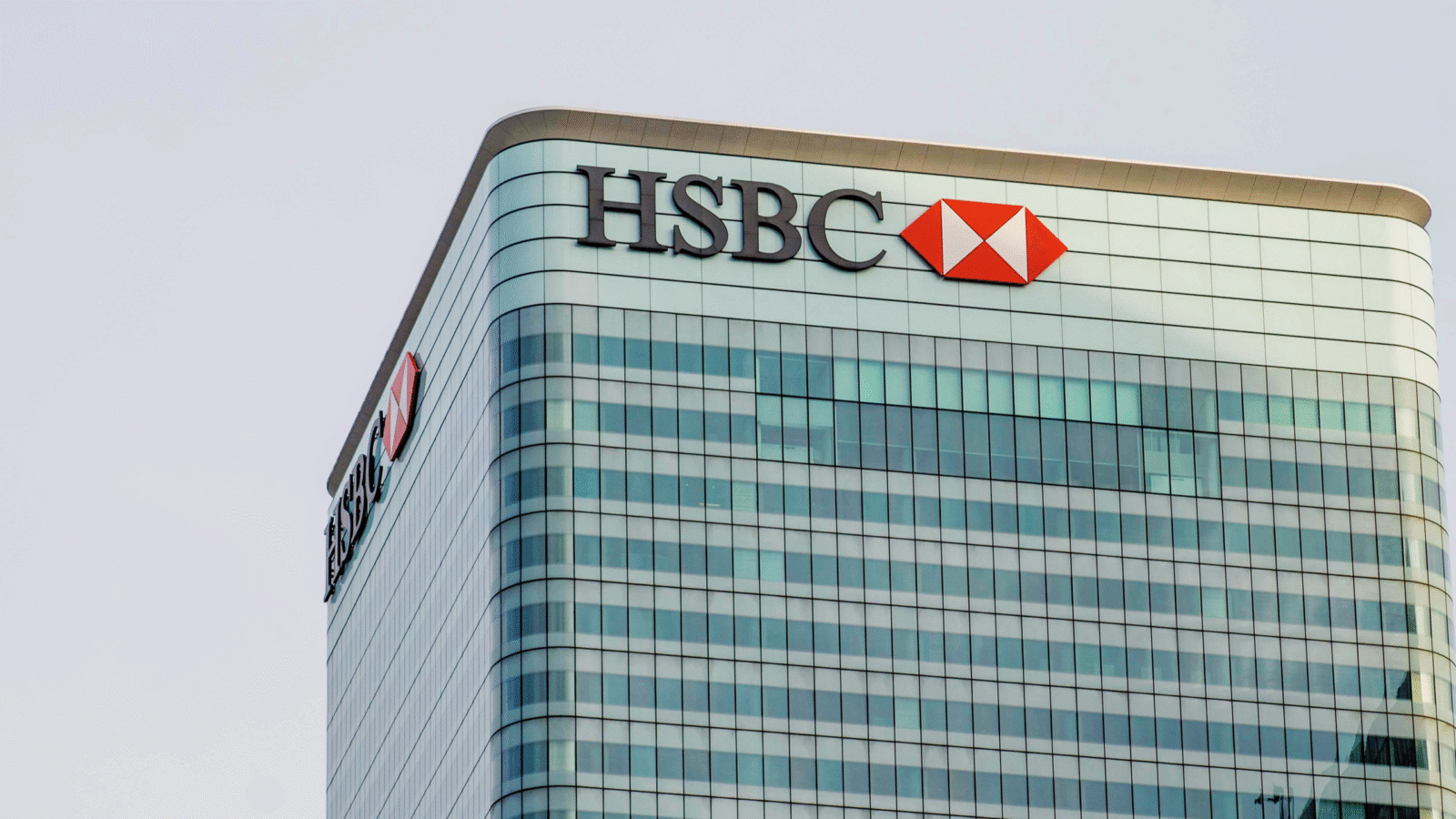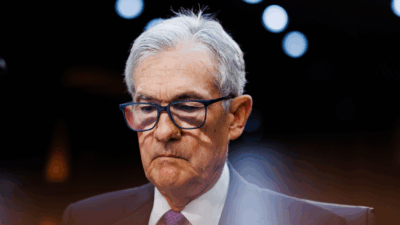Rate Cuts Are Making an Impact, OECD Says
The OECD upgraded its outlook for global economic growth, noting slowing inflation, central bank rate cuts, and falling energy prices.

Sign up for smart news, insights, and analysis on the biggest financial stories of the day.
The Middle East may be ablaze, but there was good news about the state of the world on another front on Monday: The economy is growing faster than expected.
The Organisation for Economic Co-operation and Development (OECD) upgraded its outlook for global economic growth in its latest quarterly report, citing the three-headed dragon’s friendly fire: slowing inflation, central bank rate cuts, and falling energy prices. Crucially, for our pals at the Federal Reserve, the OECD is also predicting the American economy will avoid slipping into a recession in 2025.
New Year’s Resolutions
2024 is going better than the OECD could have possibly imagined. It predicted global economic growth of just 2.7% at the year’s outset — a slowdown from 3.1% in 2023 — but now the OECD, after two upward revisions, expects global growth of 3.2%. That’s thanks in large part to central banks the world over finally reaching, or nearing, their inflation targets after multiple post-COVID years attempting to tame the beast. Per the report, about 40% of the 38 countries in the OECD have reached their inflation target, while another 40% are within less than 1 percentage point of their inflation target. A year ago, just over 20% were within either mark. Meanwhile, the number of job openings per unemployed worker has finally resettled to pre-pandemic levels, the report found.
As always, some will do better than others. The US and China are both expected to see some cooling. In the former, growth is predicted to slow from 2.6% in 2024 to 1.6% in 2025, and in the latter from 4.9% to 4.5%. But that will be buttressed by Euro area GDP growth, projected to nearly double to 1.3% next year.
What could go wrong? Plenty:
- Falling oil prices have aided disinflation and boosted growth so far this year, though rapidly escalating geopolitical conflict in the Middle East could push those prices higher, the report flagged, threatening to stall inflation progress as a result.
- Meanwhile, the report warned that “decisive fiscal actions are needed to ensure debt sustainability.” Roughly 30% of existing corporate debt in advanced economies is set to mature by 2026; emerging economies will see an even higher rate.
Inflated Expectations: One more factor possibly limiting growth, per the report: dour consumer attitudes. Widespread economic pessimism, as confirmed by a not-so-rosy US consumer sentiment report released Tuesday, has led to elevated savings levels, meaning less spending. “There is a disconnect between how the economy is perceived and how the economy is doing,” Alvaro Pereira, the OECD’s chief economist, told The Wall Street Journal. “For people who go to the supermarket, food prices relative to wages are still higher.” Who knew all of the OECD’s economists were living entirely farm-to-table?











